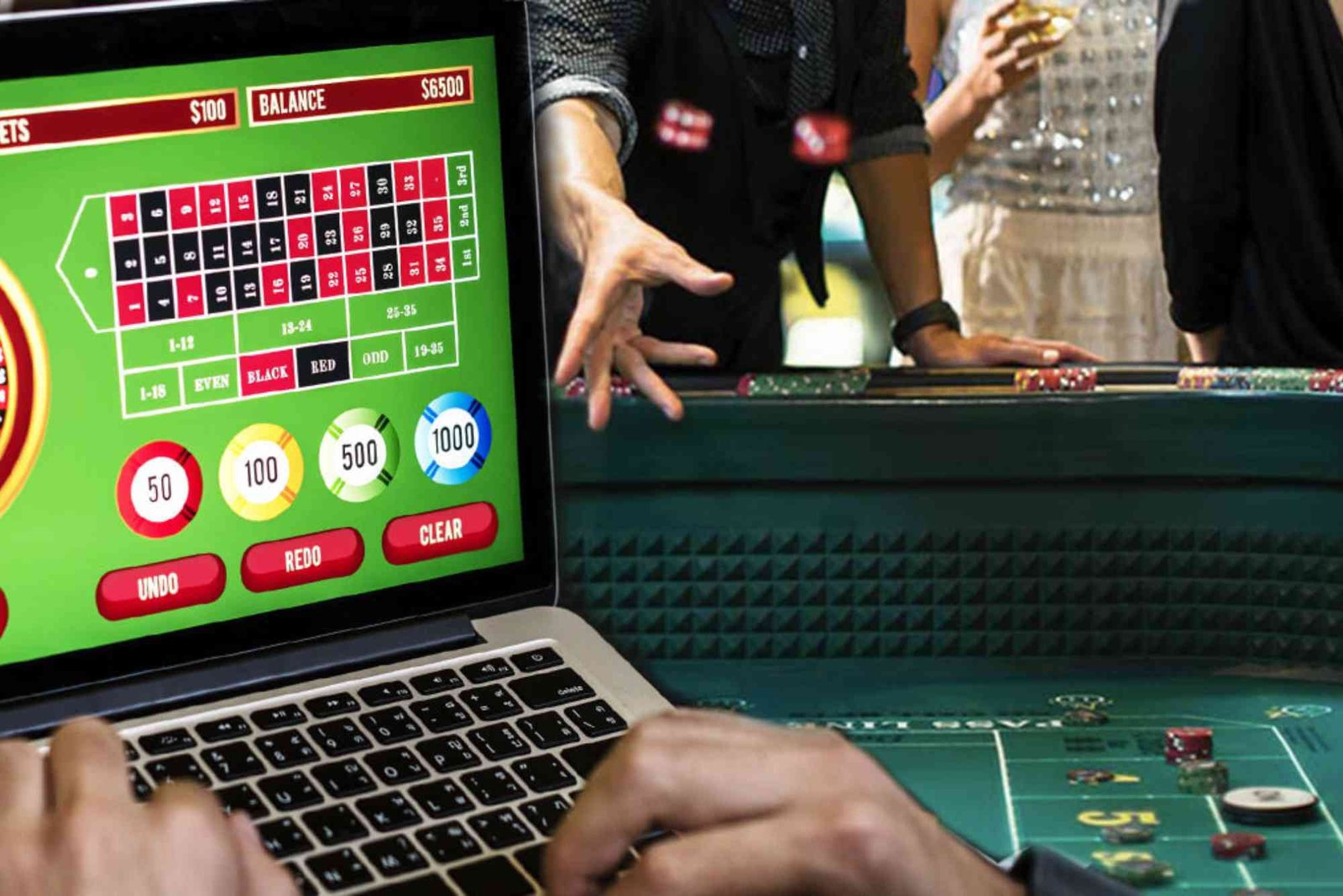Understanding Reel Sets and Randomness
One of the most persistent myths in slot gaming is the notion that reels “reset” or change their configuration after a significant payout. Many players swear they feel the odds shift against them right after a huge win, convinced that the casino’s software punishes them by altering what’s on the reels. In reality, modern slot machines—both physical and online—rely on a Random Number Generator (RNG) that ensures every spin is independent. That means the symbols you see are determined at the exact millisecond you press “spin,” and past outcomes have no impact on future results.
How the RNG Works
An RNG is a computer algorithm that cycles through thousands of numbers per second. Each number corresponds to a position on the virtual reel strip. When you hit the spin button, the RNG picks a number—and then immediately starts cycling again. The chosen number maps to a symbol arrangement, and the reels stop, displaying the result. Because the RNG doesn’t “remember” past draws, there’s no mechanism to detect a big win and deliberately alter subsequent spins.
Common Misconceptions About “Hot” and “Cold” Streaks
Players often talk about “hot” machines that pay out repeatedly or “cold” ones that never seem to hit. This perception arises because human brains are wired to spot patterns, even in random data. If you win twice in a row, it feels like a hot streak; if you then lose five times, suddenly it feels cold. But mathematically, each spin remains an independent event with the same probabilities.
Why People Believe Reels Change
In a busy casino or a slick online lobby, big winners draw attention. Spectators may assume the machine’s behavior will shift to protect the casino’s bottom line. This belief is reinforced by anecdotes: “I won $500, and then the reels turned against me.” Yet those losing spins were just as random as the winning one. Casinos have no financial incentive to tamper with individual machines—they profit on aggregate, and regulated RNGs are routinely audited.
Anecdotes from Experienced Players
When I first sat down at a riverside casino in Asia, I watched a friend trigger a jackpot on a dragon-themed slot. He celebrated, counting notes, and then sat back down for what he called a “victory lap.” After ten more spins, he didn’t hit another bonus. He moaned, “They changed the reel set!” I reminded him that the same digital code governed every spin. Over beers later, we looked up the game’s RTP (Return to Player) and saw it was 96.3%, meaning over millions of spins, it paid back that percentage, not justice to his manual lore about hot and cold.
Second Heading Paragraph—Regulatory Oversight and Fair Play
Slots at licensed venues must adhere to strict regulations. Gaming authorities in jurisdictions such as Malta, Gibraltar, and New Jersey audit RNG systems and verify payout percentages. Online platforms, including some of the top-rated best no kyc crypto casinos, tout rapid registrations and privacy, but they also subject their games to third-party testing by agencies like eCOGRA or iTech Labs. That independent certification guarantees that the reels aren’t tampered with after a big win—or at any point—so you can trust each spin.
How Reel Strips and Weighting Affect Your Odds
Behind every slot is a virtual reel strip—a list of symbol positions that may not mirror the physical artwork. Developers assign weights to symbols, meaning a jackpot symbol might appear only once on a long strip, whereas lower-value icons appear frequently. This design balances the thrill of a rare high payout with the psychology of frequent small wins. But once those strips are set in the code, they remain unchanged until the developer issues an update—big wins don’t trigger secret resets.
Modern Innovations: Dynamic Paytables?
Some casinos experiment with dynamic paytables that adjust RTP based on time of day or player volume. These are transparent features, often part of a promotional campaign (for example, “Today only: 98% RTP between 8pm–11pm”). They are not reactive to your personal play history. If you scored big earlier in the evening, you won’t see the slot’s odds drop immediately afterward. Instead, any RTP shift applies universally to all players during the promotional window.
Recognizing Real Patterns Versus Illusions
Gamblers should distinguish between true pattern recognition—like counting cards in blackjack, which affects future probabilities—and slot randomness. No matter how much you study the reels, you can’t predict the next spin. Some players keep meticulous logs, believing they can detect timing rhythms or server lag influences. In my own testing across ten popular video slots, I recorded over a thousand spins and plotted win frequency. The distribution clustered tightly around each game’s theoretical RTP, confirming the absence of any “punishment after big wins.”
A Real-World Testing Example
I spent an afternoon with a screen-recording tool on a crypto-friendly online casino. Over 500 spins, I hit two bonus rounds back-to-back, then endured a dry streak of 90 spins before another feature. This variance is normal—think of it like flipping a weighted coin. Rare events cluster unpredictably, but they don’t shift the coin’s weight after a head appears.
Why the Myth Persists—and How to Play Smarter
It’s comforting to attribute control to external factors: “If I wait until the machine cools off, I might get lucky.” But that just delays your next spin, with no real impact on odds. Instead, embrace the true nature of slots:
-
Accept variance: Know that big wins can be followed by long dry spells.
-
Manage your bankroll: Set limits on total spins, time, and money to avoid frustration.
-
Choose games wisely: Titles with higher RTP or volatility that matches your style can improve enjoyment, even if they won’t change because of a big payout.
Rather than chasing conspiracies about reel resets, focus on building smart habits—like playing at licensed sites with reliable RNGs and transparent terms.
The Role of No KYC Crypto Casinos
In recent years, best no kyc crypto casinos have surged in popularity, offering quick access and anonymity. These platforms often feature provably fair games, where you can verify each spin’s outcome using cryptographic hashes. This layer of transparency dismantles any lingering doubts about hidden reel changes. By examining the server seed and client seed before and after a spin, you can confirm that the algorithm hasn’t been altered in response to your wagering history.
Provably Fair in Practice
I once tested a blockchain-based slot that published its seed values on-chain. After a small win, I reviewed the smart contract and saw the hash values matched the advertised RNG process. It was reassuring—no spooky reel resets, just pure code governed by math.
Responsible Gaming and Understanding Variance
Believing in reel-set changes can lead to chasing losses, a recipe for frustration and overspending. Keep these principles in mind:
-
Set realistic expectations: Accept that slots are entertainment, not investment.
-
Take breaks: Step away after both wins and losses to maintain a healthy mindset.
-
Seek support: If patterns of chasing losses emerge, consult responsible gaming resources.
The Future of Randomness in Slots
Emerging technologies may further boost transparency. Virtual reality casinos could overlay real-time RNG data next to the reels, allowing you to witness number cycles visually. Some developers explore user-adjustable volatility—letting players choose between “tamer” or “wild” modes, with clear RTP disclosures. But even with these innovations, the core truth remains: reel sets don’t shift because of a big win.
Final takeaway: Every spin stands alone. The only way to improve your slot experience is by understanding randomness, choosing reputable casinos, and managing your play wisely





